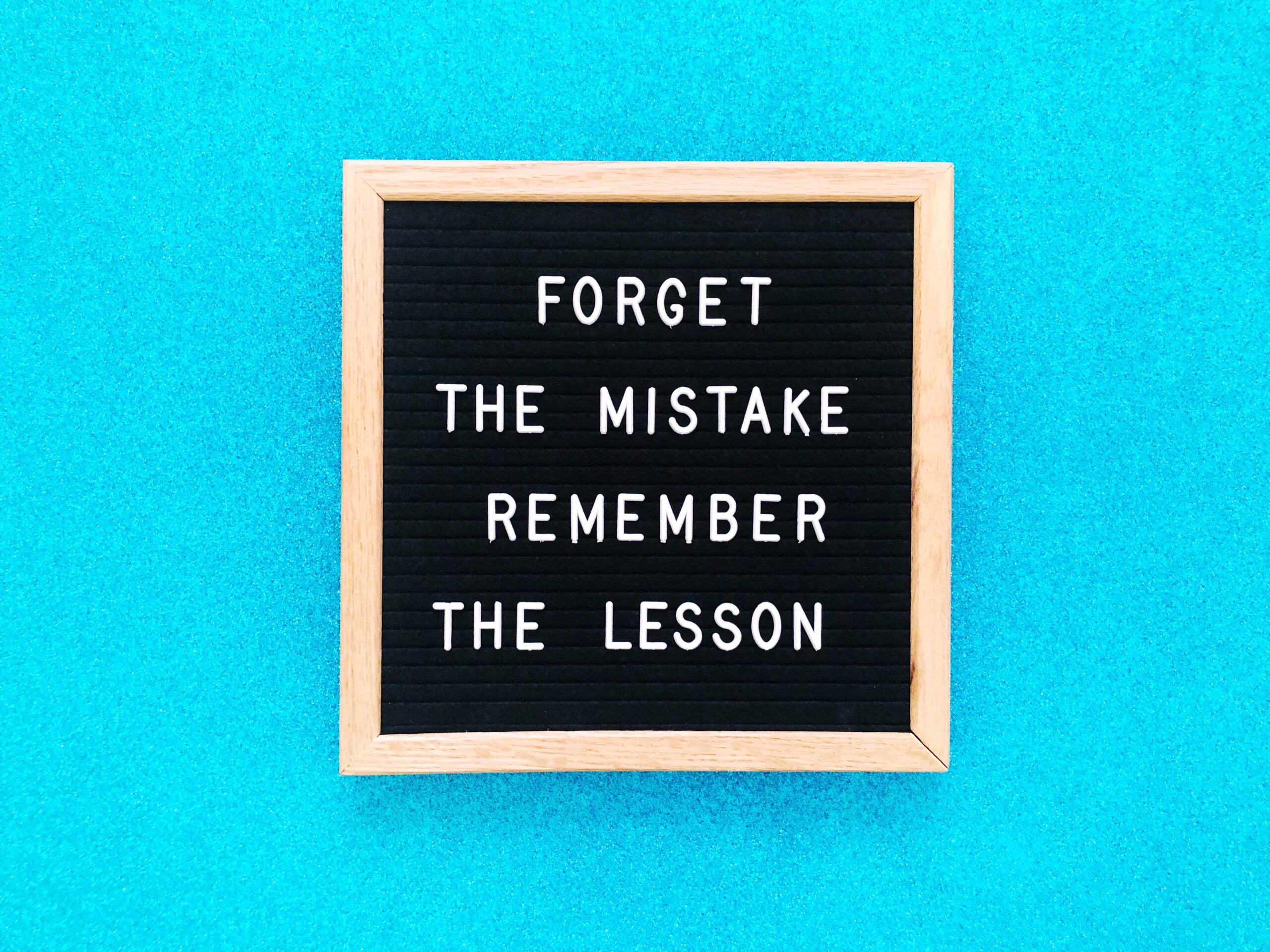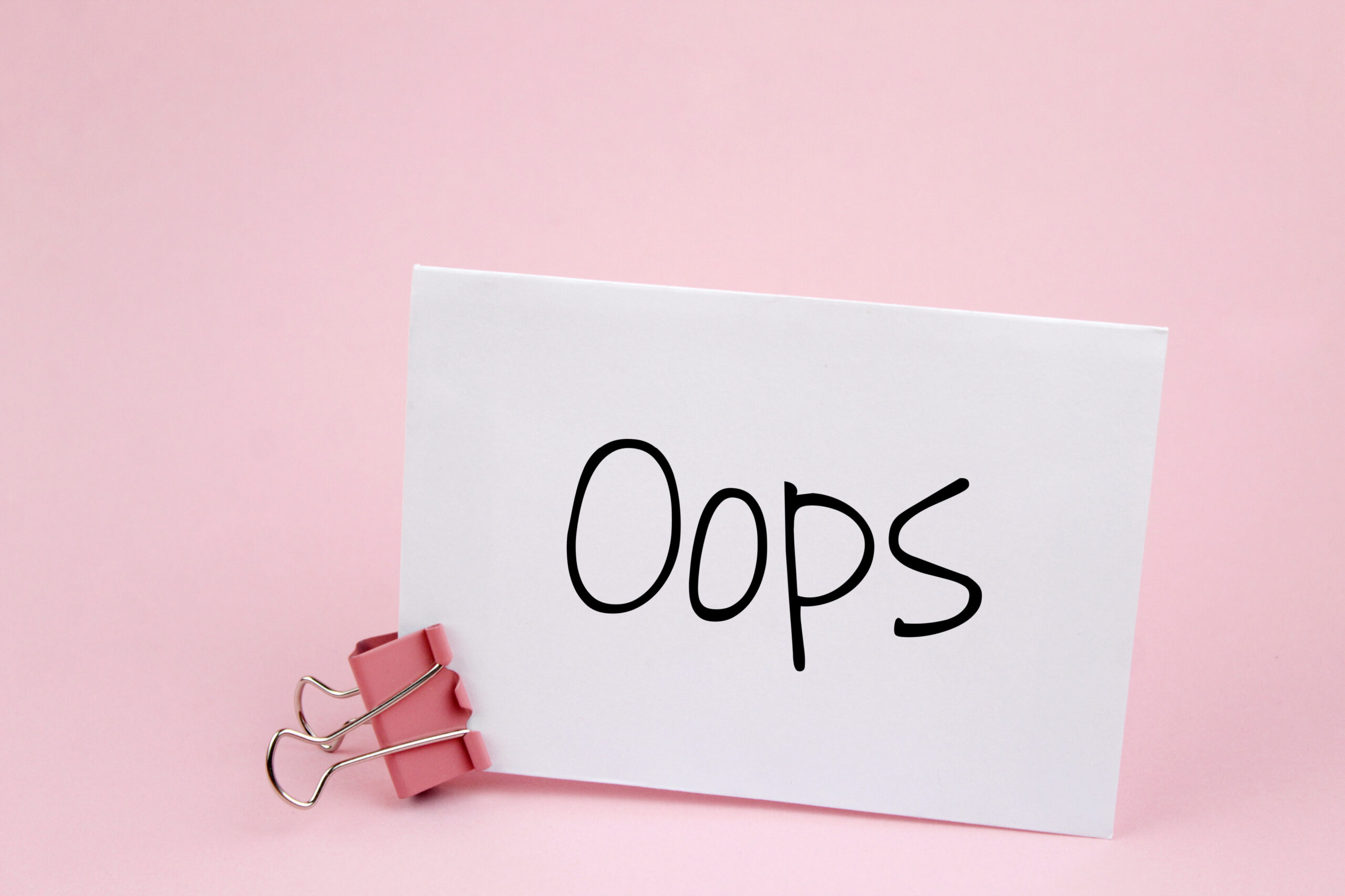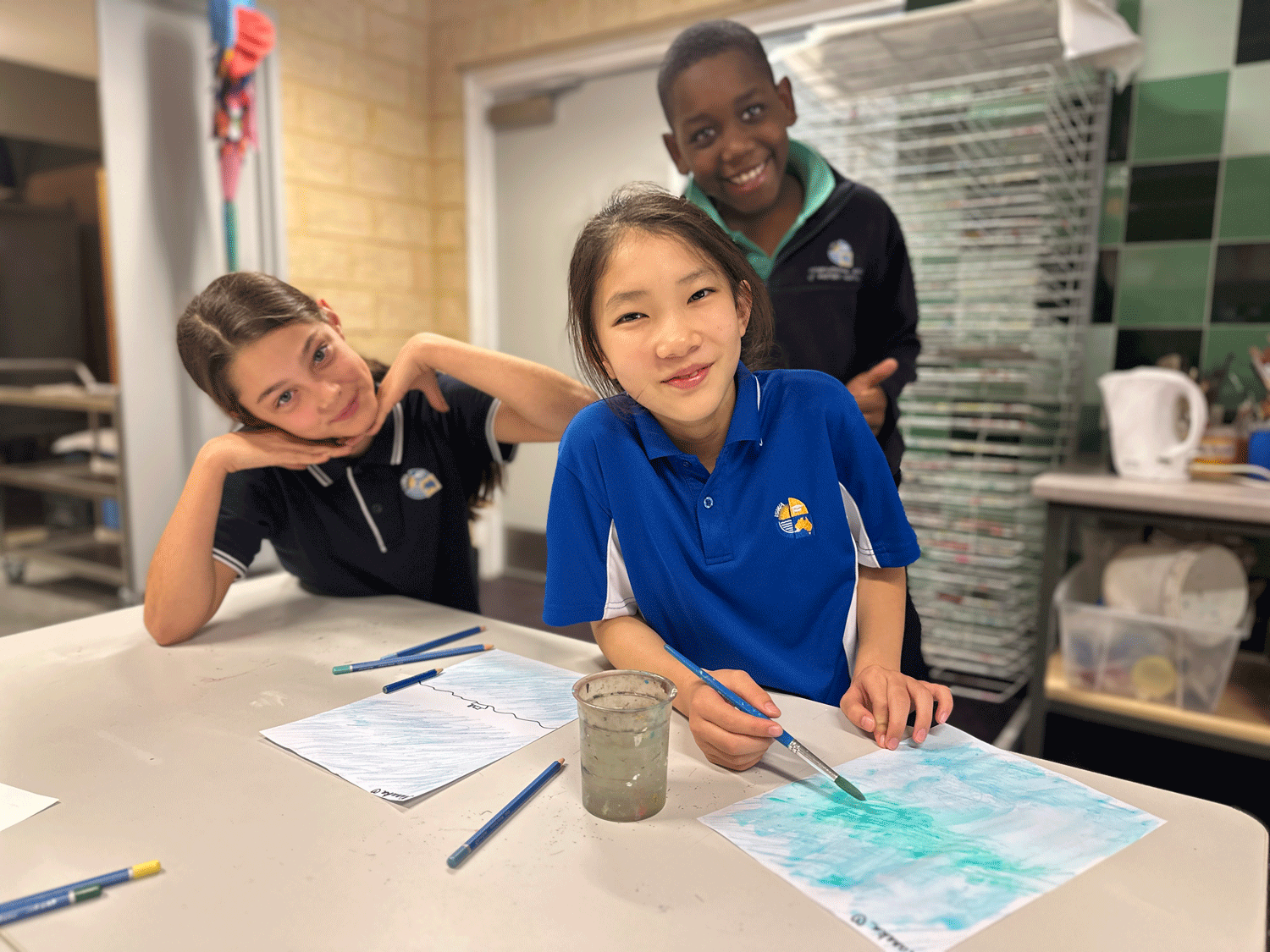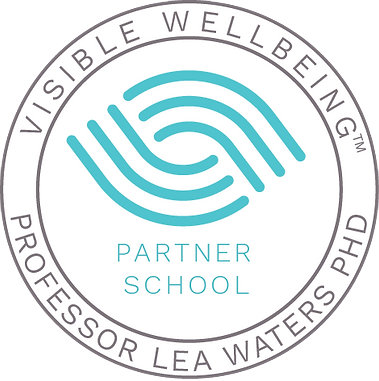Take a moment to consider how many mistakes you have made today. If we are scrupulously honest this may be confronting, disappointing or salutary. Admittedly, mistakes can be problematic, and even painful but the alternative renders us like automatons.

Is there really a link between making mistakes and our wellbeing?
The Cambridge Dictionary defines mistake as ‘an action, decision, or judgment that produces an unwanted or unintentional result.’ This should resonate with us because being wrong does not equate to failure. It is not shameful, stupid or necessarily permanent. They don’t signal a lack of ability, indifference, indolence or flawed character traits.
Mistakes happen when we misjudge a step and take a tumble, eat too much spicy food at a party, inadvertently disclose a secret, harbour unrealistic expectations, speed when late for an appointment, misjudge someone on first impression – the list is limitless. And the very reason it IS limitless is because we are living beings. Consider the famous mistakes made which were deemed beneficial such as Post It Notes, made in an attempt to make strong adhesives, the microwave oven, penicillin, x-rays, tea bags, pacemakers, Velcro and even Coke- a-Cola. We have all heard tales of business leaders even actively encouraging risk taking employees to make mistakes as this is both a sign of imagination and striving to improve. It’s vital in the areas of medicine, science, music, art and in education we try to model the learning struggle by acknowledging mistakes and how these can be insightful, rather than condemning or ignoring them. As educationalists, we are committed to learning. It’s the rationale for our professional existence. We champion life-long learning and, in every context, emphasise the significance of trying. There is no learning without mistakes. At ISWA we champion ‘growth mindsets.’
So, why is it that making mistakes contributes to our wellbeing?
They deepen our self- knowledge. When we reflect upon a mistake, we can spot our own prejudices and biases. This process can engender humility as it encourages us to recognise our shortcomings. Analysing mistakes can lead us to embrace different beliefs and feed our curiosity. Oftentimes it can lead us to being more realistic. If we’re honest and willing to change it can result in us being more responsible.
In fact, the experts at Headspace argue that ‘It would be healthier and more accurate to think that admitting when you’re wrong affirms something positive —that you are confident and well-reasoned, and that you won’t let your ego get in the way of a good idea.’

If we do not make mistakes, some things that can happen are:
- Our creativity is limited.
- Change does not happen.
- We miss out on so many experiences.
- We can be over reliant on assumptions rather than upon asking questions/interrogating our beliefs.
- We may be plagued by regret over lost opportunities.
- We remain in ignorance which is universally acknowledged as being dangerous.
It’s all right to be wrong. Mistakes need not threaten our sense of self or confidence. Mistakes can connect us with others, Mistakes can fuel development. If we continually strive to learn and improve in the wake of mistakes, at the end of each day, we can feel justifiably proud of having TRIED.

















